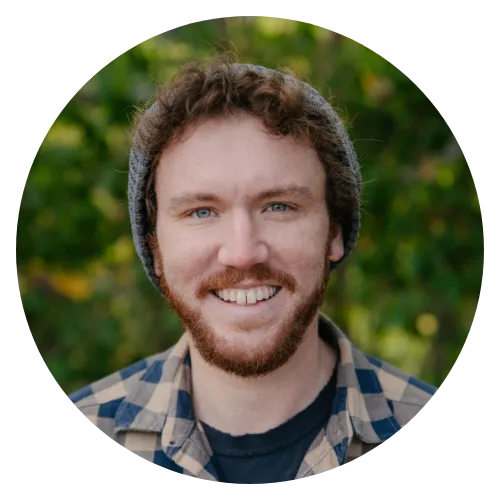The Atlas Zero Waste project empowers young leaders to facilitate their campuses through the process of establishing zero waste commitments. During a 3-Stage Fellowship Program, Fellows are trained to perform holistic qualitative assessments, overcome campus silos and bureaucratic challenges, and enact strategic visions that lay the groundwork for zero waste infrastructure on campus.


“Being part of the Zero Waste Atlas Fellowship has been an inspiring and fun journey as well as an eye opener and a realization of how we can continuously improve. It enjoyed connecting and learning with students from other campuses, and the weekly check-ins made me reflect on campus structures, abilities to make change, and how we can learn from each other.”
Katrine Oesterby
“Learning about how my campus handles its waste was eye-opening. There is still plenty of progress that needs to be made before our University can sustainably manage its waste, but we are well on our way. The Atlas Fellowship gave me a great opportunity to learn more about my home, and I’m grateful for the chance to work with them.”
Jacob Foushee
“This experience felt like filling in a coloring book or flipping over blank cards to reveal a picture on the other side. I began to see the human picture of materials management on my campus that bins and tonnage reports do not show. At the same time, I practiced interview skills and began fruitful relationships with staff, faculty, and students.”
Anna Moore
“The Zero Waste Atlas Fellowship has allowed me to more fully understand zero waste policies and actions. Through this fellowship I have learned invaluable skills and had the opportunity to meet so many amazing, passionate people.”
Annie Miller
“Being part of the Zero Waste Atlas Fellowship allowed me to take a step in the direction towards my passions of zero-waste and sustainability. It gave me experience, connections, and the confidence that I need to continue living out those passions. I am grateful for the support system that I had during this fellowship.”
Lisa Saxton
“Working with Atlas the past few months has truly been such a pleasure. The PLAN team, the students from other campuses, and the stakeholders I spoke to are all so passionate about zero waste and it’s inspiring to be a part of. I feel lucky to have experienced such a supportive community and worked with future leaders in the zero waste realm.”
Hannah Qiang









